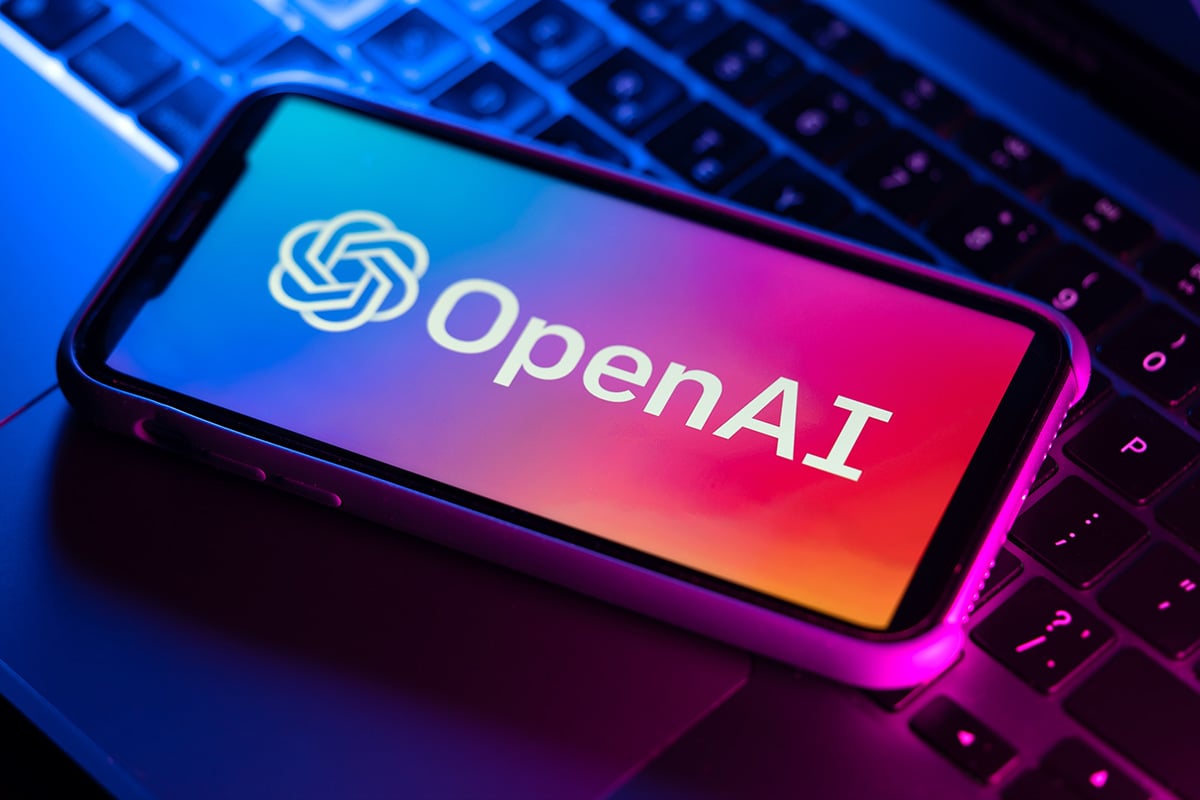TLDR
- OpenAI CEO Sam Altman announced the company expects to generate over $20 billion in annualized revenue in 2025, up from $13 billion projected in September
- The company plans to reach hundreds of billions in revenue by 2030 despite currently operating at a loss
- OpenAI has signed more than $1.4 trillion in infrastructure deals to build data centers needed for AI development
- CFO Sarah Friar clarified OpenAI is not seeking government financial backing after her comments about a federal “backstop” drew criticism
- White House AI advisor David Sacks ruled out any federal bailout for AI companies, saying the market will handle company failures
OpenAI CEO Sam Altman revealed Thursday that the artificial intelligence company expects to generate more than $20 billion in annualized revenue this year. The projection marks a sharp increase from the $13 billion estimate CFO Sarah Friar provided in September.
SAM ALTMAN:
“We expect to end this year above $20 billion in annualized revenue run rate and grow to hundreds of billion by 2030. We are looking at commitments of about $1.4 trillion over the next 8 years.”
Altman officially confirming $20B of OpenAI FY 2025 revenues.
Trying… pic.twitter.com/WRsttmvWsH
— amit (@amitisinvesting) November 6, 2025
The company has set an ambitious target of reaching hundreds of billions in revenue by 2030. OpenAI currently operates at a loss despite holding a valuation of $500 billion.
The startup launched ChatGPT in late 2022, which sparked rapid commercial growth. OpenAI was founded as a nonprofit research lab in 2015 before transitioning to a commercial entity.
Altman posted on X that the company is building infrastructure for a future economy powered by AI. He said the timing reflects what OpenAI sees in its research program.
OpenAI has signed more than $1.4 trillion worth of infrastructure agreements in recent months. These deals aim to construct the data centers the company says it needs to meet growing demand.
Funding Questions Emerge
The massive infrastructure commitments have prompted questions from investors about how OpenAI will finance these projects. Altman acknowledged that these large-scale projects take time to complete.
He emphasized the company must start building now given the long timeline required. The infrastructure investments represent a major bet on AI’s future role in the economy.
CFO Sarah Friar drew attention this week after speaking at an event about financing options. She mentioned creating an ecosystem involving banks, private equity, and a potential federal “backstop” or “guarantee” to help fund chip investments.
Company Clarifies Government Role
Friar walked back her comments late Wednesday in a LinkedIn post. She said her use of the word “backstop” confused her intended message.
She explained she was making a point about American technology strength requiring both private sector and government participation. Friar stated OpenAI is not seeking a government backstop for its infrastructure commitments.
White House AI and crypto advisor David Sacks responded Thursday that there will be no federal bailout for AI companies. He posted on X that if one frontier AI company fails in the U.S., another will replace it.
Altman clarified OpenAI does not have or want government guarantees for its data centers. He said taxpayers should not bail out companies that make poor decisions.
He stated that if OpenAI gets its strategy wrong, the company will bear the consequences. Altman wrote the market, not the government, will handle any failures.
The CEO said OpenAI feels confident about its bet given the company’s position and outlook. Altman acknowledged the company could be wrong about its projections.



